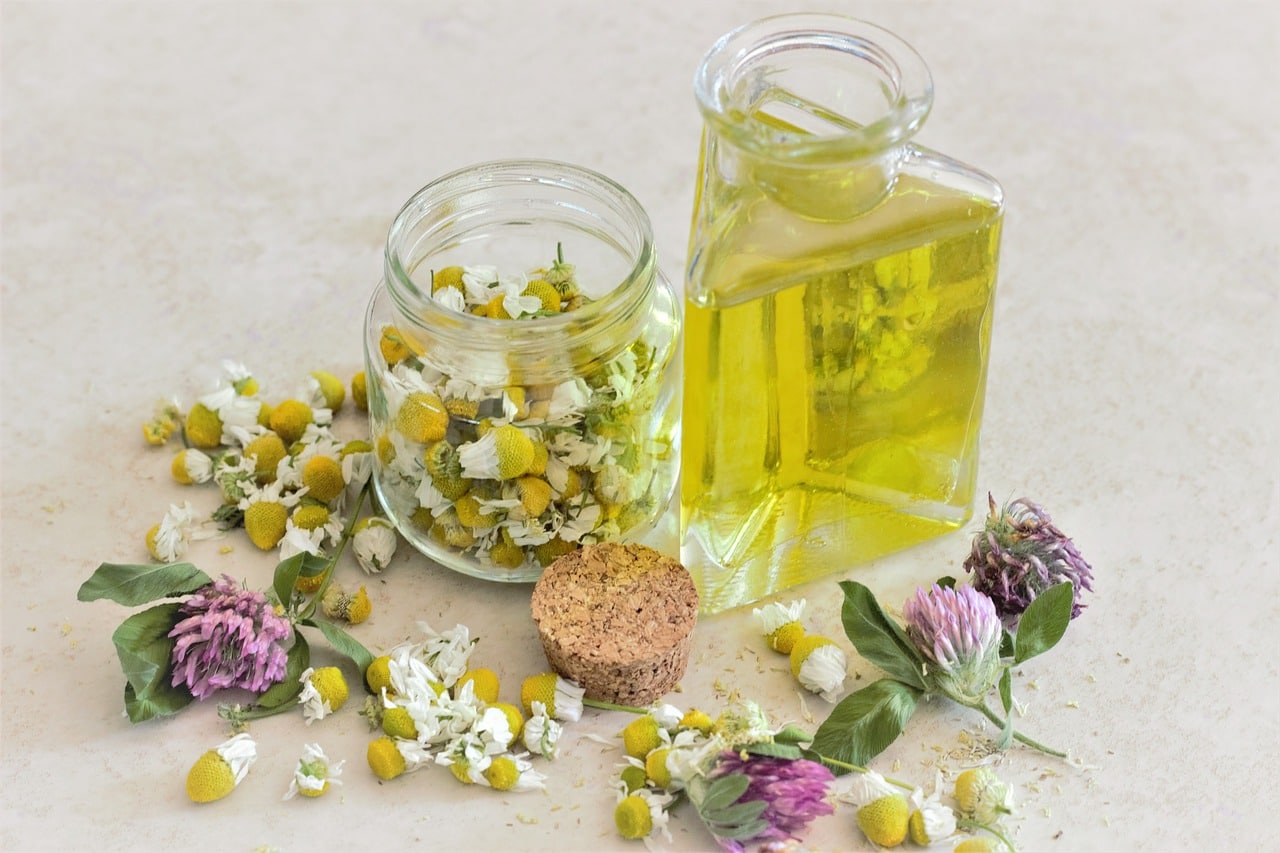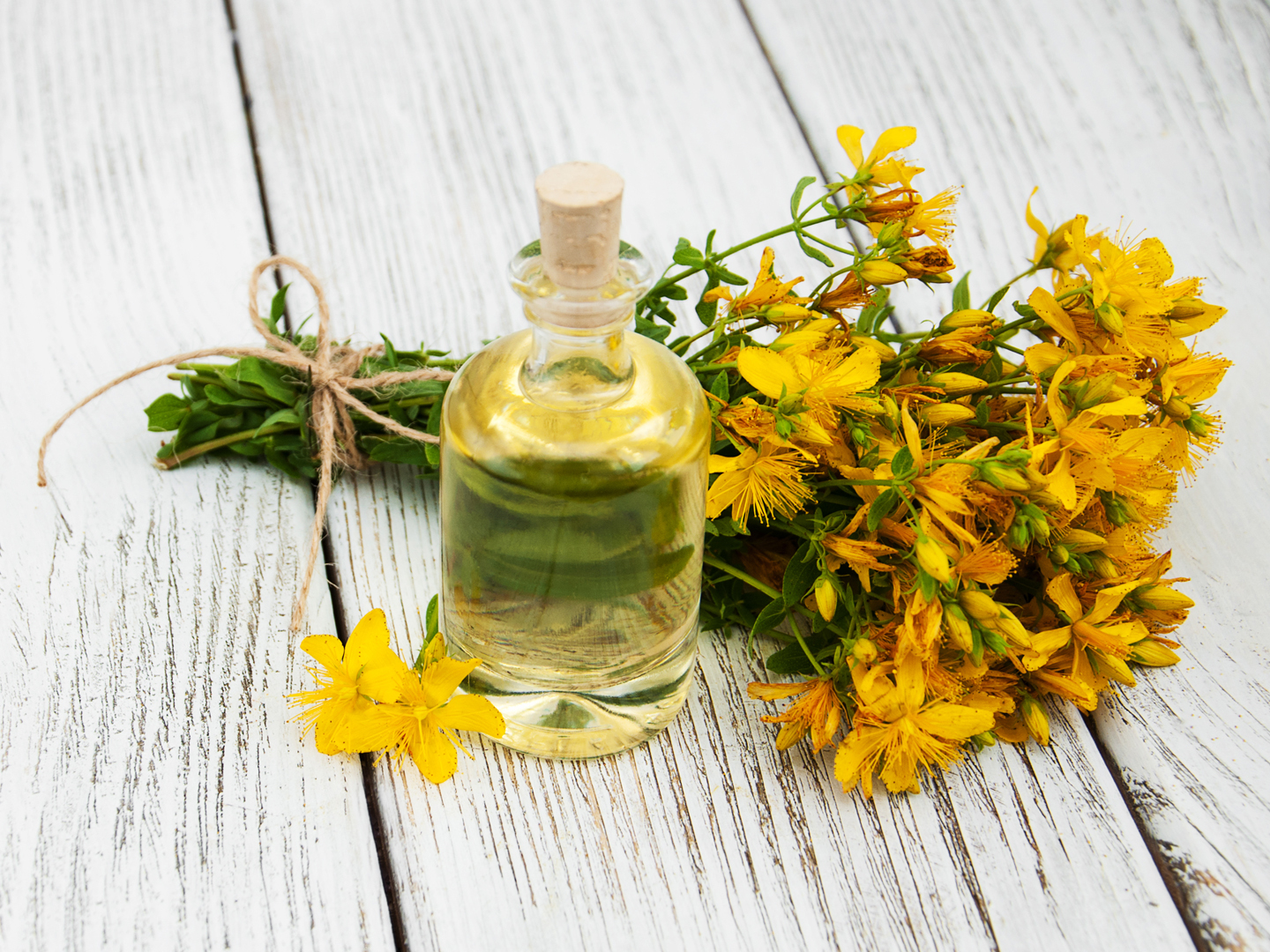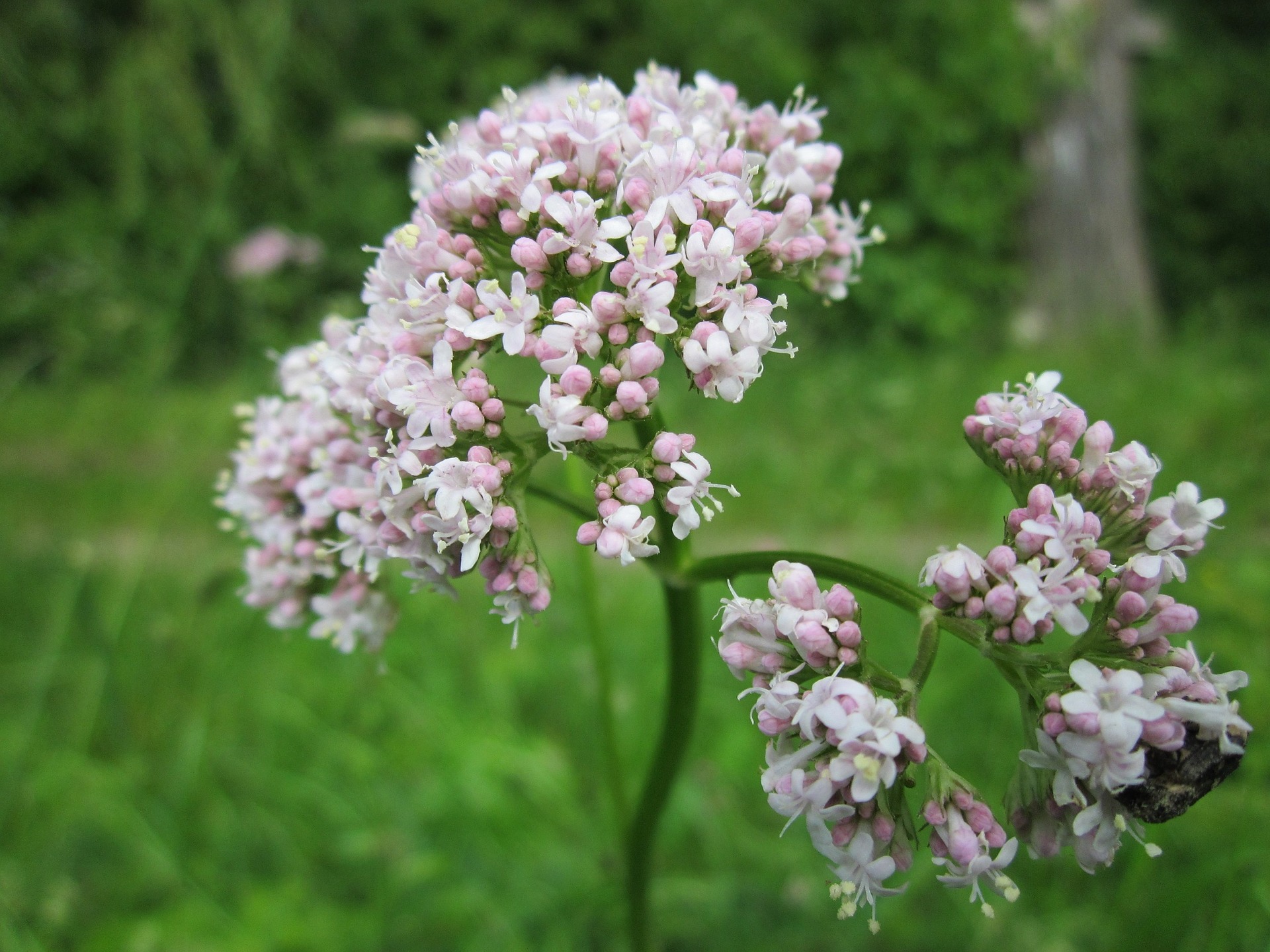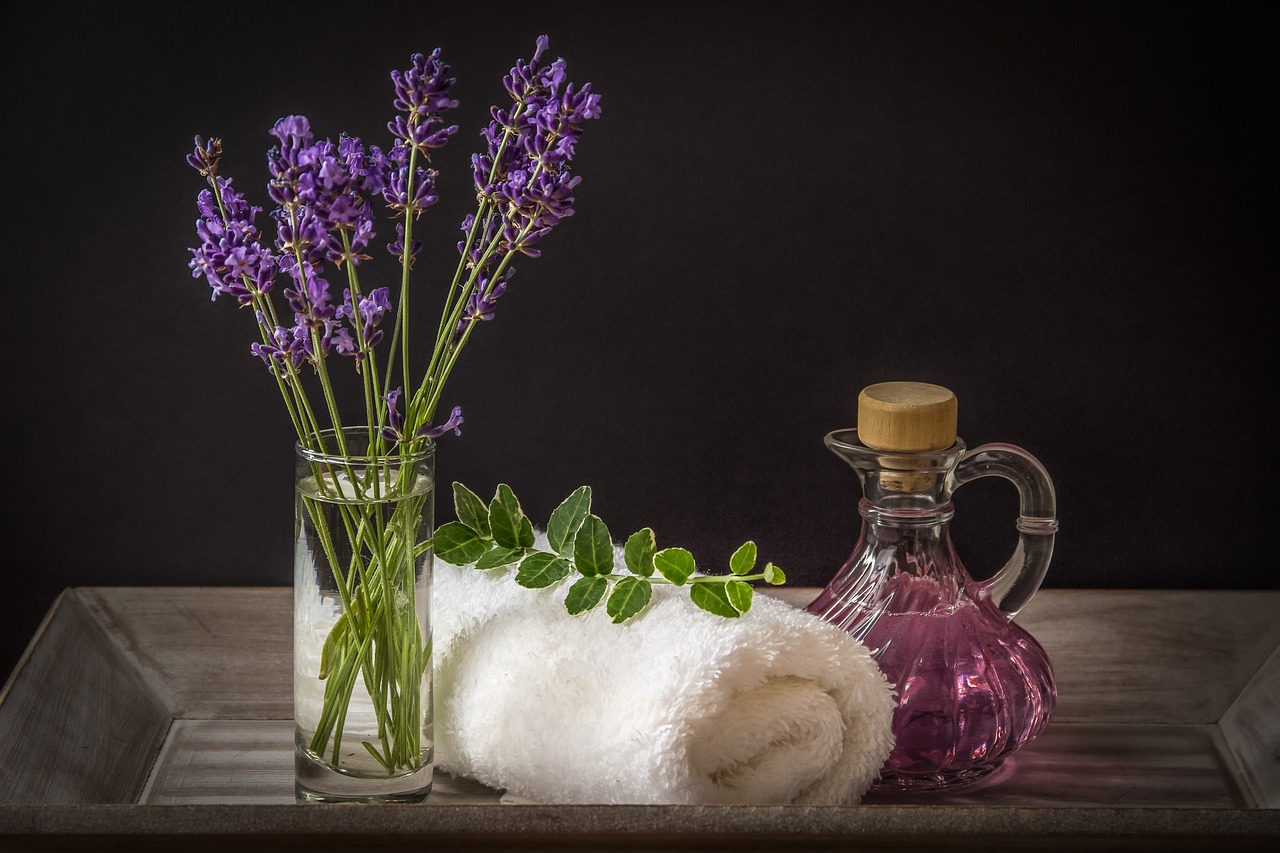
The Best Herbs to Help Deal With Anxiety Naturally
Mental health and emotional well-being are becoming a growing concern worldwide. In fact, according to research from the Anxiety and Depression Association of America, approximately 40 million American adults are diagnosed with anxiety each year, representing almost 20% of the entire population.
Even if you don’t suffer anxiety as a medical condition, everyone will have had times where they’ve felt overly stressed, worked up or worried at the prospect of doing something. It’s simply a part of human nature – we can’t always help how our brains feel.
However, what we can do is find ways to nullify stress when it comes about. Exercise, ASMR, massage and yoga can all be highly effective methods of relaxing the mind, but herbs and other natural remedies can also be equally beneficial. Join us as we take you through five herbs known for their properties in relieving stress and combating feelings of anxiety.

Source: Dr Weil
1. St. John’s Wort.
Having been used to treat nerve disorders for more than 2,000 years, it’s safe to say St. John’s Wort is pretty well known within the world of herbal medicine. Otherwise known as Hypericum perforatum L, this wild-growing perennial is known for its bright yellow flowers and can be found across Europe, Asia and America.
While Anxiety UK may say that more research needs to be done into herbal remedies, many studies have found that St. John’s Wort is especially beneficial to people suffering with mild anxiety and depression. This is because the substance is hypothesised to prolong the effects of serotonin – a vital feel-good hormonal neurotransmitter.
However, it’s important to mention this herb can’t be used by everyone. Studies have shown St. John’s Wort can interfere with other medications, like contraception and anti-depressants, and can increase levels of sensitivity to the sun. While it may be available over the counter at your local chemist or pharmacy, make sure to ask your GP for their advice before you start taking it.

Source: Chill Chief
2. Valerian.
Valerian has long been used to treat stress and anxiety, but it is mainly known for the beneficial effects it offers patients with sleeping issues like insomnia.
The valerenic acid and valeranon each white flower contains can be utilised to help the body relax into a calm state. This, in turn, allows sleep to come more naturally, enabling people to drift off and stay calm while they sleep off their troubles.
However, in a similar way to St. John’s Wort, there are a few no-nos when it comes to its use. For example, valerian should not be used by anyone who is pregnant or breastfeeding. It also shouldn’t be taken by children or anyone using other sleep-enhancing drugs, and it cannot be combined with any of the other types of herb on this list.

Source: Pixabay
3. Lavender.
While on the topic of sleep-enhancing herbs, you probably already know just how effective lavender can be at promoting a good night’s rest. This purple flower’s subtle sedative effects on the central nervous system make it particularly effective at easing stress and anxiety, calming nervousness and helping induce sleep.
Whether taken as a pill, inhaled via an oil diffuser, or crushed and placed under a pillow, lavender is a well-rounded herbal remedy with relatively few side effects. That said, caution should be taken around young boys and girls, since certain studies have shown it could negatively affect their hormones and growth development. Always check with your doctor.

Source: Runners World
4. Ashwagandha.
While it may be a bit of a mouthful to say, ashwagandha translates to mean “smell of horse” and is one of the most traditional anti-anxiety herbs available. Largely used to treat anxiety, ageing and low energy, this plant has long been used within Ayurvedic medicine – one of the world’s oldest whole-body healing systems.
Many studies have demonstrated ashwagandha works by balancing the major hormones which contribute to anxiety. In one particular study from 2012, a group of researchers found that patients with anxiety showed a 28% reduction in cortisone levels – a well-known stress hormone – when taking ashwagandha, as opposed to a placebo.

Source: Pixabay
5. Chamomile.
Chamomile is another herb which has been shown to help with stress, anxiety and insomnia. In today’s day and age, it is mainly combined with lavender and consumed in the form of tea, but it can also be taken as a pill, if required.
Aside from helping with anxiety, research has shown chamomile can help with a range of stomach and digestion-related issues as well, often caused as a result of stress and anxious feelings. There is even evidence to suggest it can combat colds and fevers, so it really is one of the most well-rounded herbs there is. Whatever your issue may be, a nice dose of chamomile could leave you feeling a lot better.
Always consult with your doctor or GP ahead of time before starting any new treatments.



Post a comment